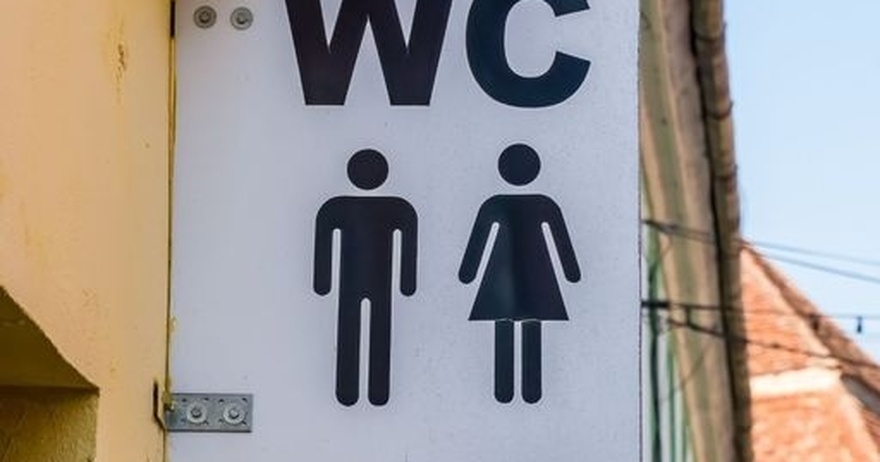The Mystery of WC
We often see signs for toilets in public places with the initials “WC.” But do we know what they really mean?
Unanswered Questions
Many questions in life remain unanswered. For instance, where do all those missing socks go? Why do pizzas arrive in square boxes?
Is that just me?
The Big Reveal
I’m excited to reveal one of life’s most pondered questions: What does the WC toilet sign stand for?
While we often use common abbreviations like LOL, WTF, and LMAO, some terms can be trickier to decipher.
What Does WC Mean?
Take WC, which often appears on restroom doors. Most of us refer to that space as a “bathroom” or “restroom.” So, what does WC really stand for?
It turns out that WC means “water closet.” There’s a fascinating history behind this name.
The Evolution of Indoor Plumbing
The term originates from a time when indoor plumbing became common after centuries of using outdoor facilities. Homes already featured bathtubs, so they had dedicated rooms—the bathroom. But where would people put their shiny new indoor toilets?
TikToker Nathan (@itsnathannyc) explained this in a video: “Oh, you sweet young thing! WC stands for ‘water closet.’
“Before indoor plumbing, bathtubs had a dedicated room—the bathroom. However, the water supply was outside. You had to carry water in buckets, heat it, and pour it into the tub.
“With indoor plumbing, people already had a bathroom. So, where do you put the toilet? You put it in a closet—hence the term ‘water closet.’ It was the only room in the house with running water.”
Surprising Revelations
Many TikTok users were stunned to learn what WC stands for. One person commented, “I’m glad someone asked because I’ve wondered for years but never googled it.” Another said, “I never actually thought about this.” Someone else shared, “I was 23 when I learned that WC means water closet.” A fourth added, “I can’t believe I’ve lived with a WC sign and had no idea what it meant!”
For history buffs, here’s a glimpse into the past. According to Old House Online:
“In the 1870s, people typically used two methods for their business: a hole in the ground or a chamber pot, often concealed in a commode or close stool. The term ‘toilet’ referred to a dressing table, a meaning that eventually disappeared when water closets adopted the name.
“In the 1880s, the first flushing water closets resembled chamber pots. However, people soon realized that wood and water don’t mix. Those beautiful bathroom suites from the Gilded Age were lovely to behold but hard to maintain. By the late 1880s, open plumbing became popular, showcasing porcelain fixtures.”
Conclusion
While the cramped style of the water closet has evolved into the spacious bathrooms we enjoy today, the term “water closet” remains on signage worldwide.
We truly learn something new every day!
